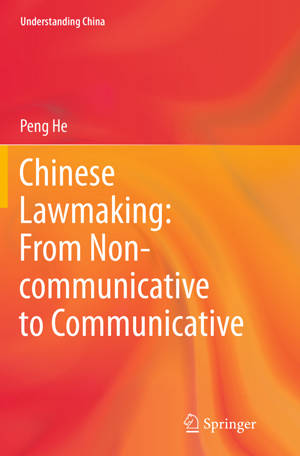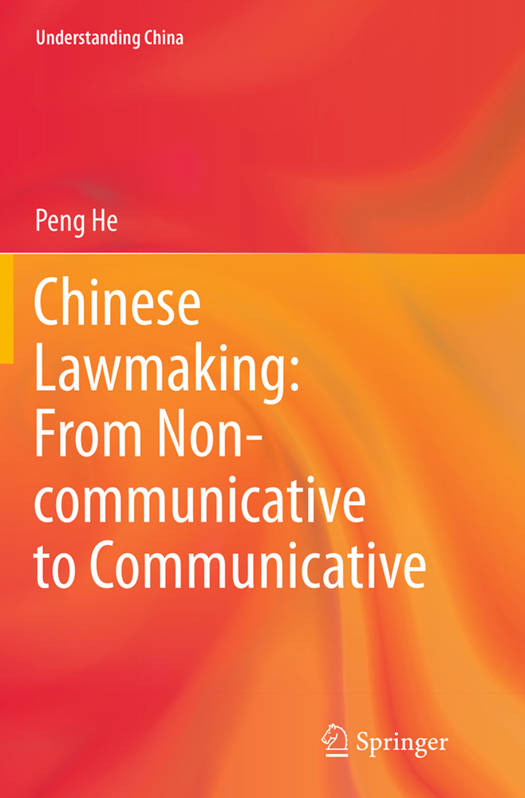
- Retrait gratuit dans votre magasin Club
- 7.000.000 titres dans notre catalogue
- Payer en toute sécurité
- Toujours un magasin près de chez vous
- Retrait gratuit dans votre magasin Club
- 7.000.0000 titres dans notre catalogue
- Payer en toute sécurité
- Toujours un magasin près de chez vous
Description
Dr Peng He in her book addresses various issues, drawing on Western and Chinese sources for her argument for a 'communicative' theory of law making. This book is both timely and important in the Chinese context. Her argument depends upon the insight that what is important in societies is not just representative democracy but 'voice' - the opportunity for individuals to be heard and bring their input into official systems. More than that, she argues that this can also take further the idea of living by the rules as something that is not to be seen as narrow Legalism but as something more akin to living 'righteously' - a view which is resonant with parts of Chinese legal thought. This book is also important in the present Chinese context in another way. The developing economy necessitates substantial legal reform. But applying Western models to China can often be naïve and not fully fulfil their intended purpose. Peng He's work addresses this by looking at the process of legislation in connection with legal reform. It is grounded in a sound theoretical reflection of both the process of legal transplantation and the process of law making, and looks both at Western and Chinese sources. Such an approach needs to draw from several intellectual traditions and it is this interdisciplinary, foundational research that is the task Dr He has set herself in her project. Her theory will provide an abstract theoretical framework that is sensitive to local conditions, while at the same time incorporating insights on law reform from a broad range of disciplines. Her research is of direct practical relevance for reforming the legislative process in China. ----Professor Zenon Bańkowski The University of Edinburgh
Spécifications
Parties prenantes
- Auteur(s) :
- Editeur:
Contenu
- Nombre de pages :
- 186
- Langue:
- Anglais
- Collection :
Caractéristiques
- EAN:
- 9783662524299
- Date de parution :
- 16-08-16
- Format:
- Livre broché
- Format numérique:
- Trade paperback (VS)
- Dimensions :
- 156 mm x 234 mm
- Poids :
- 290 g

Les avis
Nous publions uniquement les avis qui respectent les conditions requises. Consultez nos conditions pour les avis.






